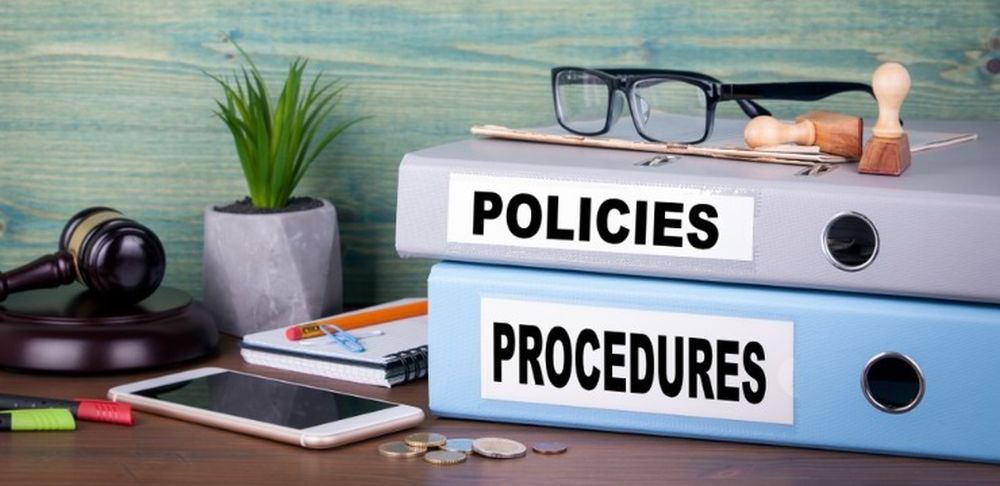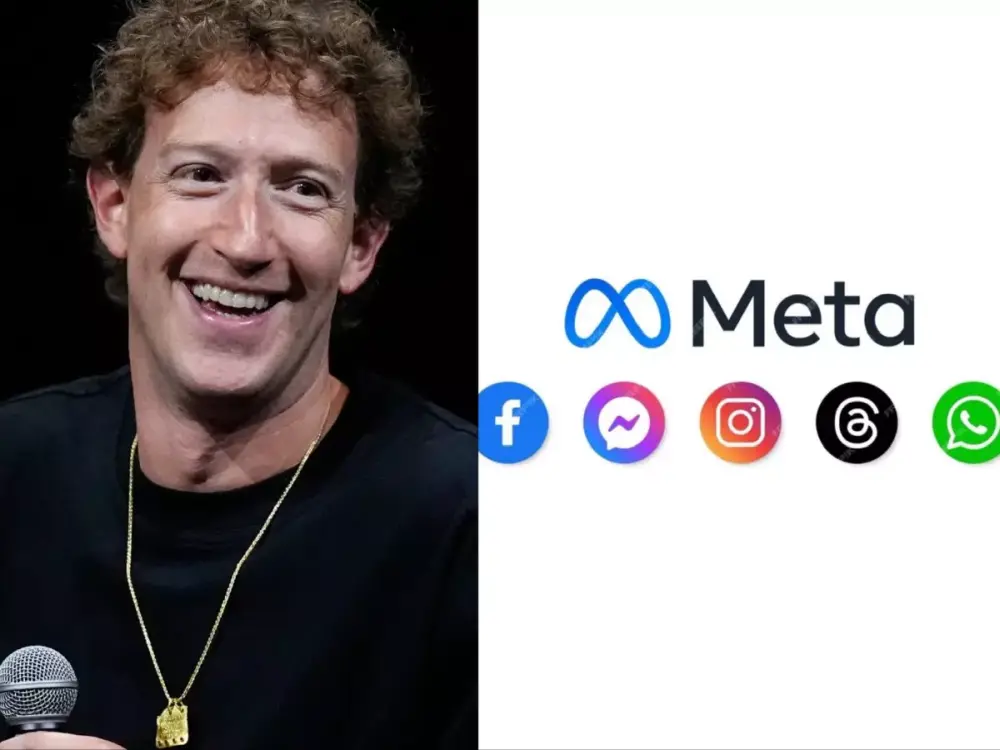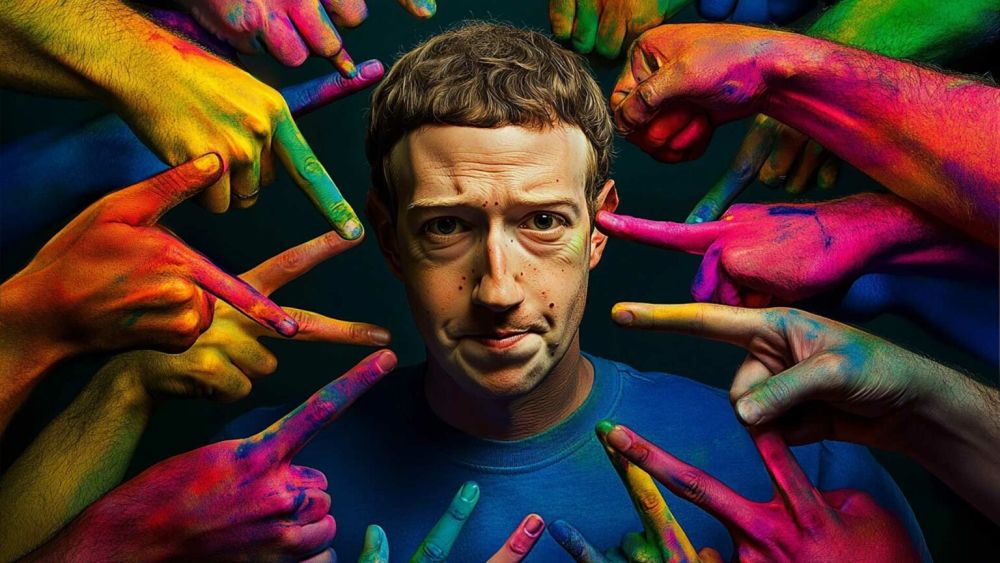Meta, the conglomerate behind social media giants like Instagram and WhatsApp, has made the unexpected decision to discontinue its third-party fact-checking program. This change in policy could have wide-reaching effects on how content is moderated and misinformation is handled across Meta’s platforms. Instead of flagging and reducing the visibility of false claims, users might encounter unverified information more frequently, potentially affecting the quality of discourse and trust in the digital content they consume.

The reasoning behind this strategic pivot isn’t entirely clear, but it aligns with a broader trend in tech companies reassessing how they manage content. By ending fact-checking partnerships, Meta might be aiming to streamline its operations or to respond to criticisms that such programs can be biased or inconsistent. This shift could encourage users to be more skeptical and proactive in verifying information themselves, fostering a new era of digital literacy where individuals take greater responsibility for the truthfulness of the content they share and see.

The cessation of fact-checking might also reflect a broader industry move towards less invasive content moderation, focusing instead on other ways to maintain platform integrity, like AI-driven solutions or user-led initiatives. While this approach could lead to more open discussions, it also opens the door for misinformation to spread more easily, challenging the platforms to find a balance between freedom of expression and the need for accurate information.

As Meta navigates this new direction, the tech community and users alike watch with interest to see how these changes will play out. Without the clear labeling of false information, there’s a potential for a more cluttered information landscape. The long-term effects on user behavior, platform reliability, and the overall health of online discussions remain to be seen, prompting a reevaluation of how social media companies should handle the truth in the digital age.

#Meta #FactChecking #SocialMedia #ContentModeration #DigitalLiteracy
